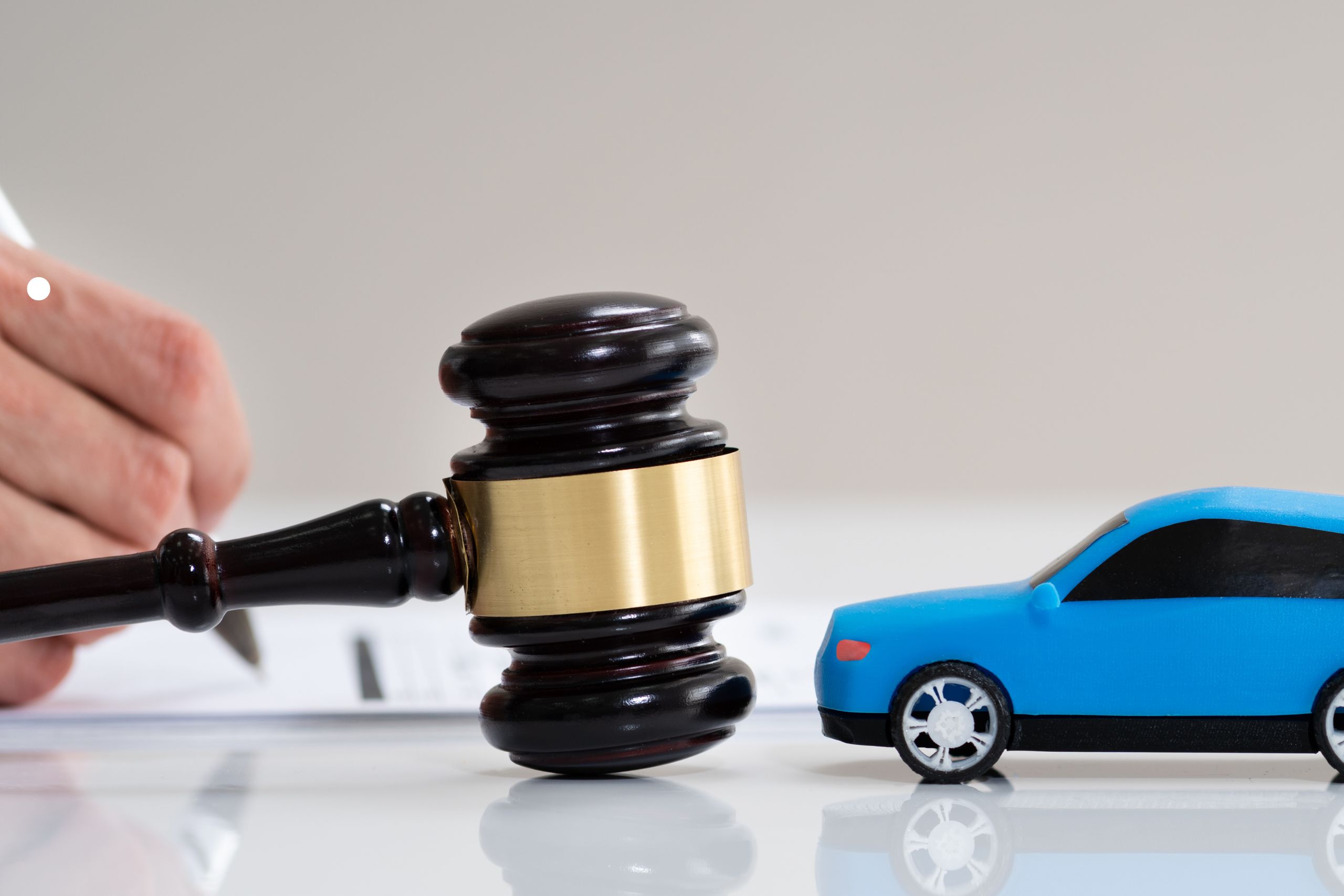Car accidents happen every day in Florida – about 1,095 times a day, to be exact. In some of those instances, more than one person may be at-fault. They may not be equally at-fault. But as a Fort Lauderdale personal injury lawyer can explain, the fact that an injured party was partly responsible for a…
Continue reading ›Articles Posted in personal injury attorney Fort Lauderdale
Employers have a responsibility to provide a safe working environment. Failure to do so may result in a fine by government regulators. Workers’ compensation – the exclusive remedy for employees against their employers for job-related injuries – is paid on a no-fault basis. That means workers who are injured in Florida don’t need to prove…
Continue reading ›A $19 million damage award for the widow of a fatal railroad car accident victim was affirmed in Missouri, finding the circuit court didn’t err when finding the railroad company 95 percent liable for failure to trim vegetation surrounding the railroad tracks. The appeal from the railroad company stemmed from the argument a new trial…
Continue reading ›Many of those who suffer a Fort Lauderdale work injury are prescribed opioid medications to help cope with acute pain. However, a recent study revealed opioid prescriptions have an adverse affect on workers the longer they are used, ultimately increasing the duration of temporary disability claimed by workers with a myriad of injuries. The study…
Continue reading ›Dog bite injuries in Florida are handled under a legal theory known as “strict liability.” What this means is, according to F.S.767.04, a dog owner may be liable if his or her dog bites someone – even if that dog had no history of any vicious behavior and even if owner had no prior warning…
Continue reading ›
















